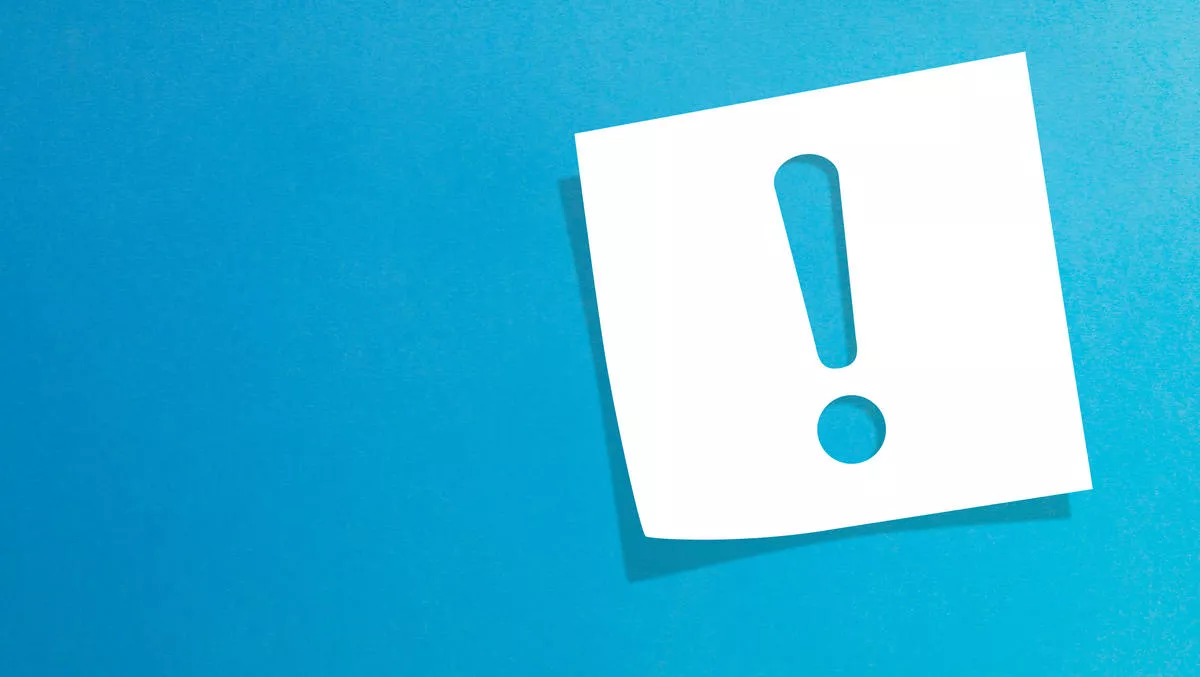
Whether you or your business is into social networking or not, you cannot afford to ignore new media channels such as Twitter, Facebook, YouTube or LinkedIn because to ignore them could be costing your business a lot of money in lost profit. Here are my top reasons why you need to take careful note.
Reason 1 – Cyber-slacking costs your business money
Do you really know what your employees do all day? If your employees are PC-bound, then their ability to waste time and lose productivity is far greater than those who are not. Social media sites have taken cyber-slacking to a whole new level because they allow the employee to interact with others outside of the workplace in real time during work hours.
Having said that, many businesses are learning that such sites can be useful marketing tools. So where do you strike the balance?
The answer will be in your workplace policy dealing with how employees engage with social media whilst at work. If you don't have one, you could be losing hundreds of man hours per year.
Reason 2 – You can't control what people say about you We all know that a few carefully selected testimonials on a website can boost sales.
On the other hand before social media, if a customer had something bad to say about your product or service, you could keep it confidential. Not now. With Twitter and Facebook, everyone has the power to publish what they think to a wide audience (and then have them retweet it to their audience, and so on).
As a result, adverse comments can be very damaging, particularly if they are untrue. Whilst a defamation lawsuit may be your first reaction, can your business really afford to get embroiled in costly court action? The answer is to have a strategy to mitigate against customer complaints and monitor social media channels for adverse comments.
Reason 3 – Don't breach copyright If you have decided to use a social media channel, make sure you don't breach anyone else's copyright inadvertently.
YouTube probably presents the biggest danger here, and users post videos containing copyright music and graphics. Whilst YouTube warns against infringing third party copyright, they can't always police it. The last thing you want is a claim against you seeking damages for unauthorised use of copyright material and a possible ban by the website operator from future use.
Reason 4 – Social media used as a client database Businesses that encourage the use of social media channels to allow their employees to connect with their client base run the risk of undermining their non-solicitation and confidentiality clauses in their employment agreements. For example, LinkedIn is commonly used like this in the recruitment industry. Recruiters are encouraged to have clients and candidates as part of their LinkedIn network.
However, if a recruiter uploads their employer's database to their LinkedIn account and then leaves, one simple update will broadcast that former employer's new employment details to your whole client list. To get around this problem, word your confidentiality and non-solicitation clauses very carefully to deal with the use of sites such as LinkedIn to ensure that your confidential client database remains confidential.
Reason 5 – The marketing database that is removed overnight As social networking sites become more popular, some businesses are relying on them to house their marketing databases. It would not be unusual nowadays for a Twitter follower list to outstrip an email marketing database in terms of numbers of prospects. So, what if one day Twitter decided to ban you? Getting banned is easier than you think.
The rules around sites such as Facebook and Twitter are developing all the time, so you must make sure you don't infringe them, otherwise you could end up losing a valuable marketing tool and have to start collecting your fan base again from scratch. For example, if your business is collecting ‘friends' on Facebook, then potentially your business is in breach of the Facebook rules: friends are for real people, fans are for businesses.
The moral of the story
So, if you thought you could put your head in the sand and ignore the social media phenomenon, think again. It's one thing to decide not to make money out of social media; it's quite another to lose money without even realising it.